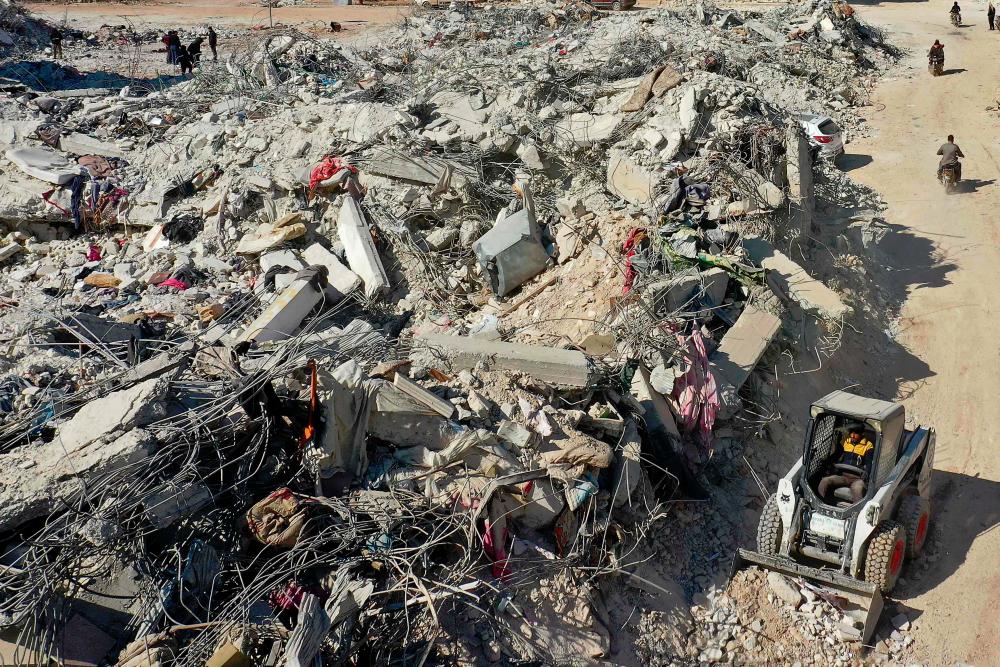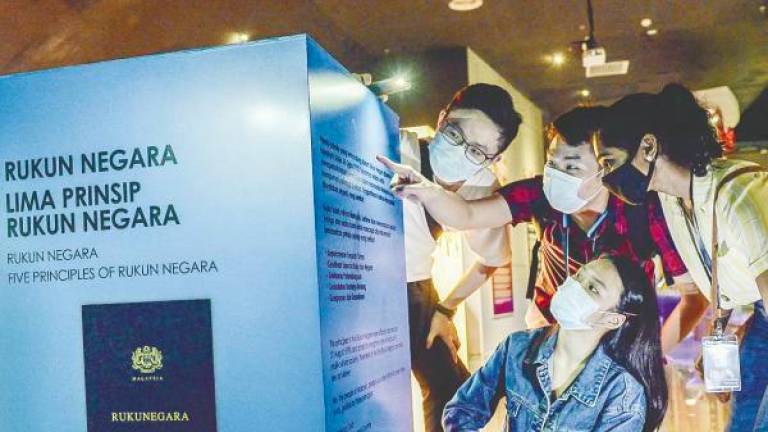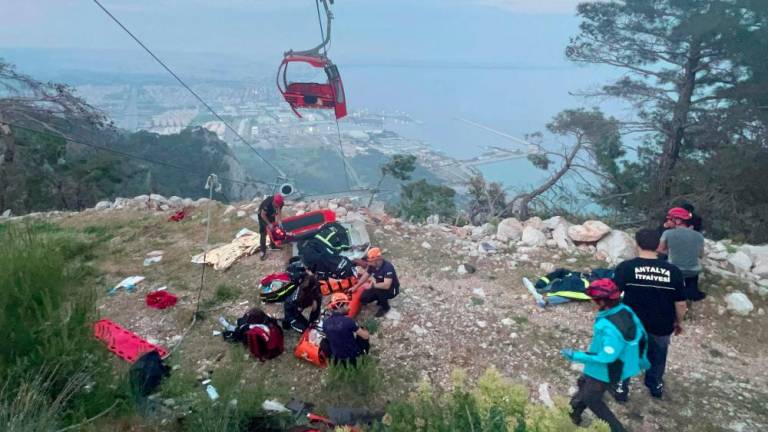PARALYSED with terror – gripped with grief and anguish – a small boy frantically rummages through shards of glass and pieces of rubble, and desperately calls for help.
Powerless, his eyes irritated with thick clouds of dust, he can only hope that his cries will be heard. This was very much the story of many in Turkiye and Syria.
The desecration of civilian homes, the demolition of cities and the disenfranchisement of our brothers and sisters in Turkiye and Syria caused by the recent earthquake require a swift call for action as their vulnerable voices are desperately calling out to the aether, pleading for help so as to receive crucial assistance.
The sheer magnitude of this crisis is overwhelming, placing incredible pressure on rescue forces in Turkiye and Syria, and exhausting important resources needed to expedite recovery.
This inadvertently could inhibit the degree to which the situation returns to normalcy as it has, to a dangerous extent, jeopardised the welfare of millions of people and has momentarily destabilised these countries.
The earthquake has been described as the worst of its kind, the worst in a century.
What is required is a task force, whose power, equally rivals the impact of the tragedy that struck Turkiye and Syria.
We have an important role to play in alleviating the burdens of these countries.
The debilitating consequences of Covid-19, the volatile international economic environment affecting global supply chains, the pre-existing issues that plagued both nations and the immense destruction of the earthquake threaten to violently push Turkiye and war-torn Syria to critical levels of national impairment.
It is therefore imperative that the combined strength of countries is mustered so as to directly countenance this issue and mitigate further damage to the state of these countries.
These countries must be provided with the support necessary to effectively solve the multiple issues that must be dealt with swiftly.
Malaysia, having recognised its moral obligations to the Turks and Syrians, sanctioned immediate assistance via its “SMART” personnel so as to confer necessary aid.
Various NGOs in Malaysia have similarly followed suit in spearheading humanitarian initiatives with the goal of helping these countries to restore stability to the ever-worsening situation.
The Malaysian government’s efforts to have sent rescue teams and pledge moral support demonstrates the country’s moral character, a heart that actively desires the prosperity of others, and is uncompromising in its initiatives to empower the people of other nations.
The country, in addition to its present approaches, could offer to activate certain policy measures and facilitate or broker a mission so as to coordinate an Asean-lead humanitarian effort exclusively so as to benefit Turkiye and Syria in the short and long term.
This would have the benefit of establishing an international channel of assistance that centralises diverse efforts advanced by multiple parties within Southeast Asia to send aid.
This also ensures that the ensuing conflict that may occur as a result of the displacement of millions of people is strategically contained and that victims of the earthquake may be accommodated in terms of medical, food and sheltering protections.
Such an initiative could also streamline the deploying of rescue teams from Japan, Switzerland, Taiwan, Russia, Malaysia and many more in a way that increases the efficiency of these humanitarian missions, by ensuring that the combined resources of these countries are strategically compartmentalised, maximising greater distribution of aid among civilians.
Subsequent importance to a mass-coordinated, diplomatic and humanitarian project is that it could serve as assistance in the long term.
The devastation that wreaked havoc in Turkiye and Syria is a geopolitical disaster and will likely require years before a comprehensive recovery may be facilitated and achieved.
Postulating the establishment of a long-term active mission for Turkiye and Syria in Asean that could liaise with other important international unions such as the European Union and the various agencies of the United Nations ensures that the situation is continually monitored and allows for a smoother execution of the reception of aid from other parties in order that it may be given to Turkiye and Syria upon request.
This proposed Asean post-mortem mission may be facilitated in Turkiye and Syria, ensuring that even after the situation has achieved a manageable degree of stability.
Long-term efforts to slowly contribute towards the rebuilding and restructuring of Turkiye and Syria’s destroyed infrastructure may be implemented in a way that is both efficacious and sustainable. This is best achieved via a multilateral effort.
The preservation of Turkiye and Syria is unequivocally important for the world as it is key to an ideal transition into a safer, secure and more sustainable world.
The nature of such an international enterprise will require thorough review and careful analysis as it will be a difficult initiative to undertake.
Malaysia’s already existing efforts to Turkiye and Syria, however, in spite of its own economic constraints and limited instruments of assistance received high praise as it was one of the few countries that immediately responded to the situation.
Malaysia’s proactive approach is important as it contributes to international awareness of the moral urgency of this crisis.
The international community must have the preservation of the welfare of the Turks and Syrians as one of its top priorities.
A Southeast Asian effort could very well ignite this sense of moral urgency across the world.
Malaysia’s call to sympathy and prayer for the people of Turkiye and Syria is a reminder to us all that our fallen brethren must not simply be left to suffer alone.
We are called to partake in their sorrows for their tragedy is our tragedy too.
Comments: letters@thesundaily.com













